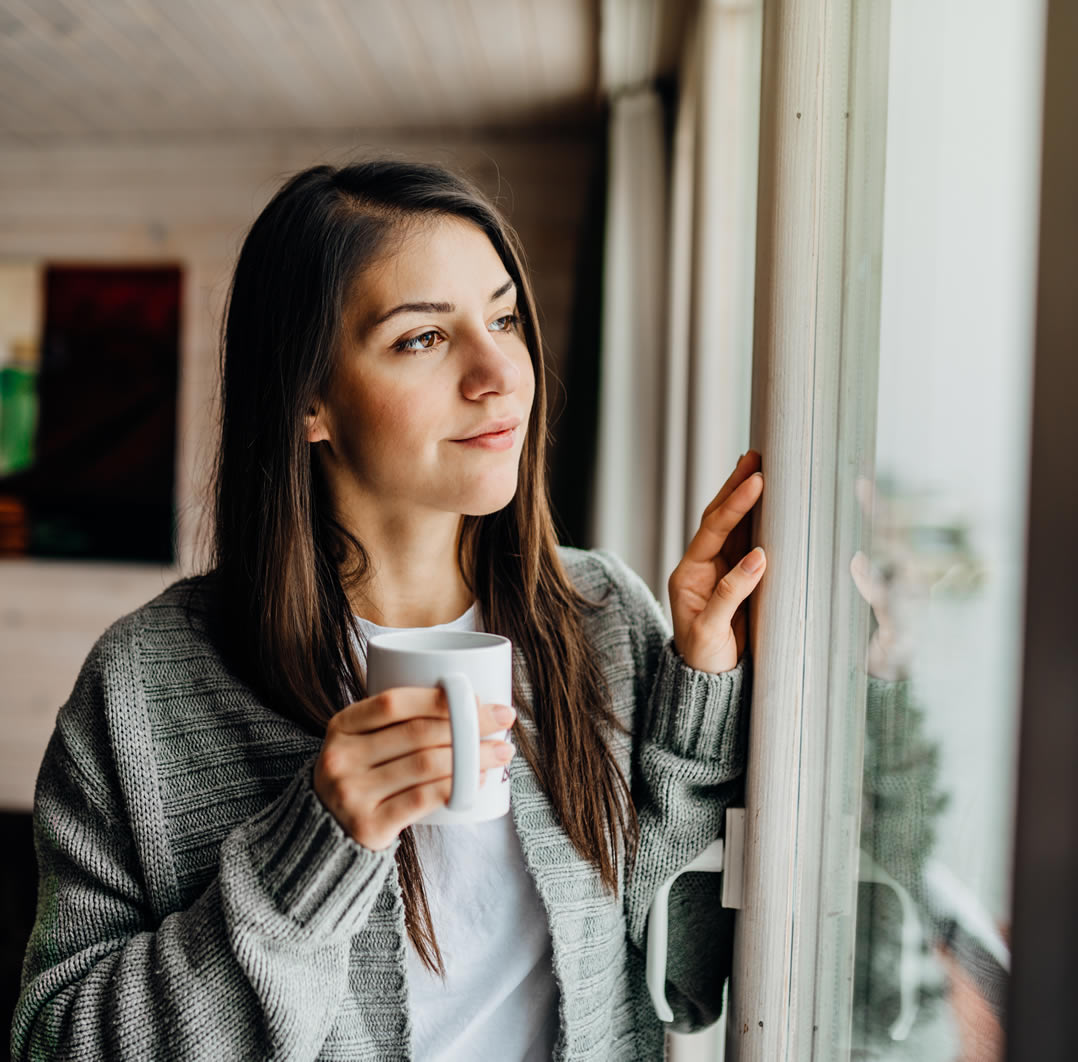It’s normal to feel burned out right now. You yearn to connect and return to the way things were before COVID-19.
Pandemic fatigue is a very real feeling of exhaustion from the effects of COVID-19 on your life. You may be tempted to let your guard down by not wearing a mask or social distancing with people outside of your household. When you see people socializing without masks and skipping the physical distancing, it looks “normal” and could influence your own perception of risk.
Loss of routine and coping with the pandemic may affect your behaviors in a number of other ways. You may notice that you:
- Eat or sleep more or less than usual
- Have trouble focusing (brain fog)
- Feel edgy or nervous
- Self-medicate with food, alcohol, opioids
- Lack motivation
- Are unable to stop obsessive thoughts
- Withdraw from others
- Have feelings of hopelessness
Coronavirus grief: Coping with the loss of routine during the pandemic

Stay the course by continuing to cover your mouth and nose with a mask, stay away from crowds, and wash your hands frequently.
Stay the Course with a Healthy Regimen
#1: Eat a heart-healthy diet
Eating a healthy diet will boost your energy, lift your mood and strengthen your immune system.
Click here to learn about the 5-2-1-0 plan
#2: Include outdoor exercise in your daily regimen
Regular exercise improves mood, boosts energy, and helps you sleep better. Regular physical activity is also essential for weight maintenance and prevention of chronic diseases.
#3: Connect with others
It is crucial to connect with others during the pandemic. Although you should limit your physical contact with people outside your household, there are other ways to connect socially. You can:
- Make phone calls
- Arrange video meetings
- Chat on social media
- Write letters
- Take an online class
#4: Reach out for help
You don’t have to suffer in silence, and it isn’t beneficial for you or your loved ones. Our professionals at Canyonlands Healthcare offer counseling for stress, anxiety and depression. Contact our Behavioral Health or Opioid Help centers for confidential and affordable help.

Walking, cycling, jogging, and hiking can help you get some much-needed fresh air while staying safely away from others.
#5: Limit news and screen time
It is important to be aware, but watching the news repeatedly throughout the day can contribute to your anxiety. Get outside for some healthy exercise and focus on what you are doing to keep you and your family safe.
These symptoms may indicate that it is time to get support from your health care provider or behavioral health specialist:
- Increased use of tobacco, and/or alcohol, opioids and other substances.
- Difficulty sleeping or concentrating.
- Worsening of chronic health problems.
Opioid-Help.org
Combining therapy with medications like methadone, buprenorphine, and naltrexone is a well-supported approach to treating opioid and alcohol addiction. Learn about Canyonland’s MAT treatment for substance abuse and how you can get confidential, affordable care — even during the pandemic.
Canyonlands is making it easier to get healthcare during COVID-19:
- Telehealth visits with providers
- Pharmacy delivery to the Page City Limits as well as curbside delivery at Lake Powell Medical Center
- Staggered in-clinic visits with limited indoor interactions
- Dental Care and emergency services in Safford, Page and Beaver Dam
- Telehealth for for Behavioral Health Services
- Confidential Substance Abuse Program with limited in-clinic visits
- COVID-19 testing all all Canyonlands locations and periodic testing blitzes in participation with State and County programs
COVID-19 is an emerging, rapidly evolving situation. Get the latest public health information from CDC: https://www.coronavirus.gov






